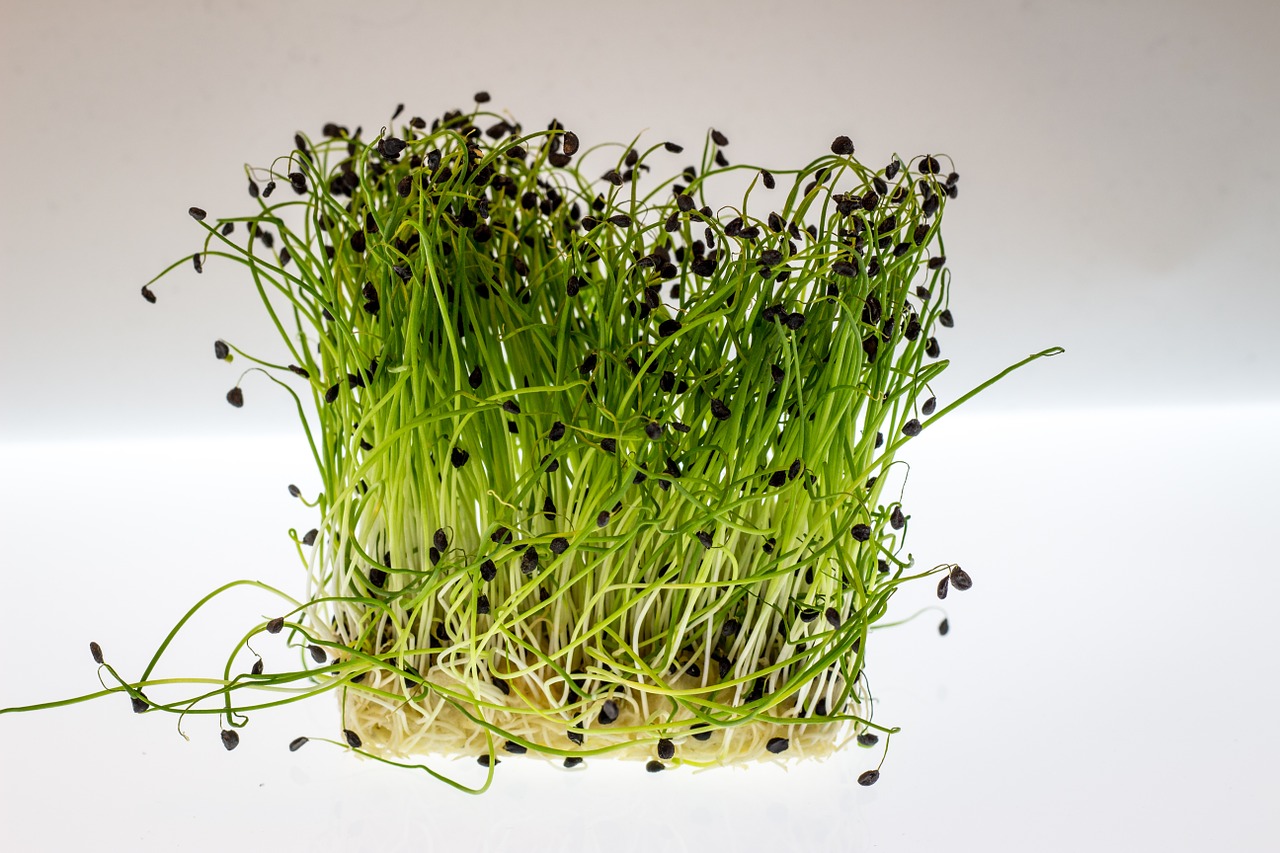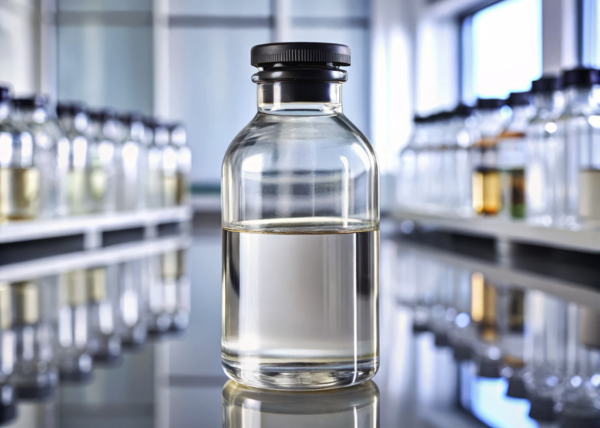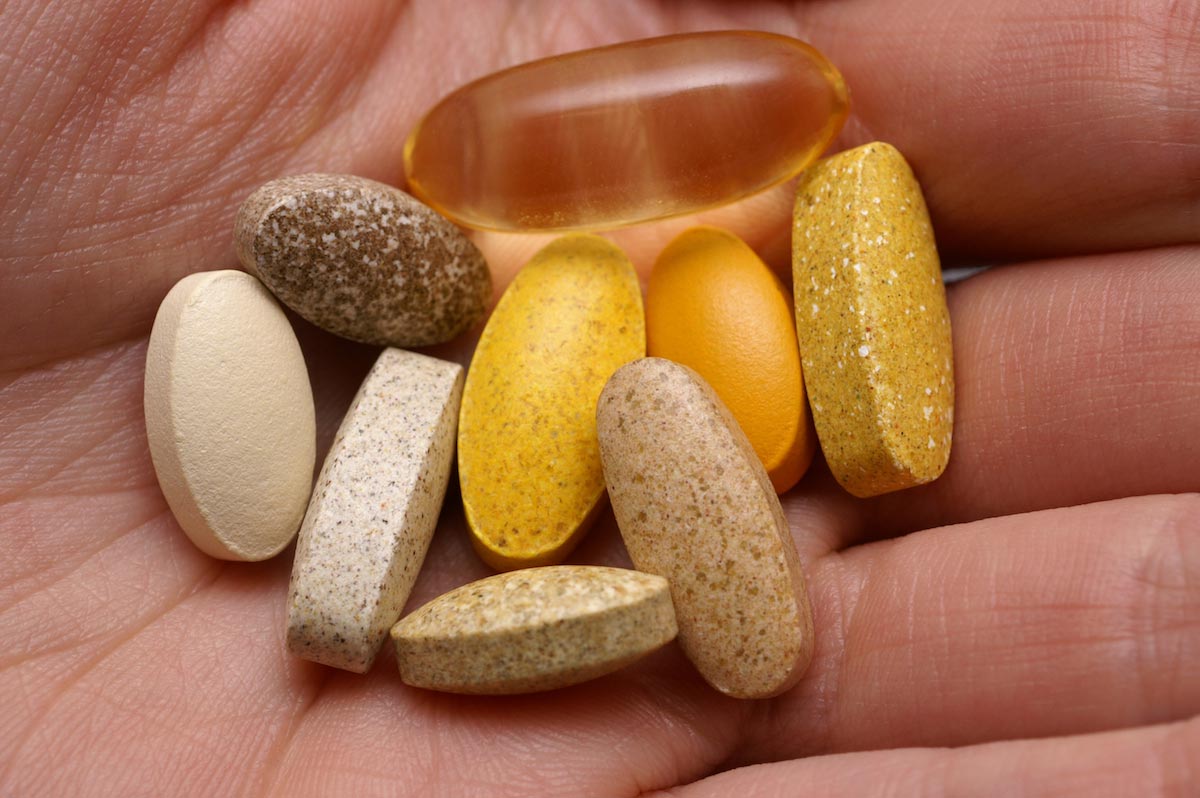Got good gut bacteria? You need it to remove FOREVER CHEMICALS from your body
07/07/2025 / By S.D. Wells

A groundbreaking new study has found that specific human gut bacteria can absorb and help excrete toxic “forever chemicals,” scientifically known as PFAS (per- and polyfluoroalkyl substances), at least in laboratory mice. This discovery, published in Nature Microbiology on July 1, could open the door to novel strategies for reducing PFAS accumulation in the human body — a pressing concern given the chemicals’ widespread use and persistence in the environment.
- Gut bacteria may help fight PFAS exposure: A new study in Nature Microbiology found that nine species of human gut bacteria can absorb and store toxic “forever chemicals” like PFAS in lab mice, reducing the chemicals’ presence in the body.
- Bacteria safely sequester PFAS: The PFAS accumulated inside the bacteria in dense clumps, which appeared to shield the bacteria from harm while allowing the chemicals to be excreted in feces.
- Potential for future treatments: While the research is in early stages, it suggests the possibility of developing bacterial therapies to help humans eliminate PFAS, which are otherwise nearly indestructible and widely present in the environment.
- Sequestration and breakdown may work together: Experts note this study complements recent research showing that gut enzymes might also break down PFAS, suggesting our microbiome may have multiple mechanisms to combat these persistent toxins.
Gut bacteria show promise in absorbing and removing toxic ‘forever chemicals’
PFAS are a large group of man-made chemicals known for their resistance to water, oil, and heat. These properties have made them useful in countless everyday items — from non-stick cookware and water-repellent fabrics to firefighting foams and cosmetics. However, this same resilience means PFAS do not break down easily in the environment or the human body. Nicknamed “forever chemicals,” some forms of PFAS can linger for thousands of years and are now found in soil, water, food supplies, and human bloodstreams worldwide.
Exposure to PFAS has been linked to various health risks, including increased cancer risk, immune system disruption, and developmental problems. Since these chemicals are already widespread, researchers are urgently seeking ways to mitigate their harmful effects. The new study offers a potentially valuable solution: leveraging the natural abilities of our gut microbiome.
Researchers at the University of Cambridge’s MRC Toxicology Unit identified nine human gut bacterial species that could absorb PFAS. These bacteria were introduced to lab mice, which were then exposed to common PFAS chemicals, including perfluorooctanoic acid (PFOA) and perfluorononanoic acid (PFNA). The results were promising — the bacteria absorbed between 23% and 74% of the chemicals, depending on the type.
Interestingly, the PFAS molecules clustered into dense clumps inside the bacteria, seemingly neutralizing their toxicity. This aggregation appeared to protect the bacteria’s cellular functions, allowing them to remain healthy despite absorbing large quantities of the pollutants. According to lead author Kiran Patil, the bacteria demonstrated “a remarkably high capacity” to sequester PFAS from their surroundings and safely store them internally.
Study co-author Indra Roux emphasized the importance of these findings, noting that although we still lack a method to destroy PFAS outright, this study suggests that gut bacteria might offer a way to remove them from the human body — particularly where they can do the most damage.
Importantly, the researchers cautioned that their study used a one-time dose of PFAS in mice, while human exposure is usually chronic and at lower levels. However, the research aligns with other recent findings, including a June study in PNAS showing that human gut microbial enzymes may also be capable of breaking down PFAS’ notoriously strong carbon–fluorine bonds. Together, these studies suggest the gut microbiome may not only store but potentially degrade these persistent toxins.
While more research is needed, this discovery marks a hopeful step toward reducing the long-term health burden of PFAS exposure through microbiome-based interventions. Remember to take lots of probiotics and enzymes daily (supplements too) for good gut flora. Tune your food news frequency to FoodSupply.news and get updates on pesticide-laden crops and produce that cause cancer while natural health advocates know better and eat only organic and locally grown clean food.
Sources for this article include:
Submit a correction >>
Tagged Under:
alternative medicine, detox, discoveries, gut bacteria, gut health, gut microbiota, health science, natural cures, natural health, natural medicine, Naturopathy, PFAS, poison, probiotics, real investigations, remedies, research, toxic chemicals, toxins
This article may contain statements that reflect the opinion of the author





















